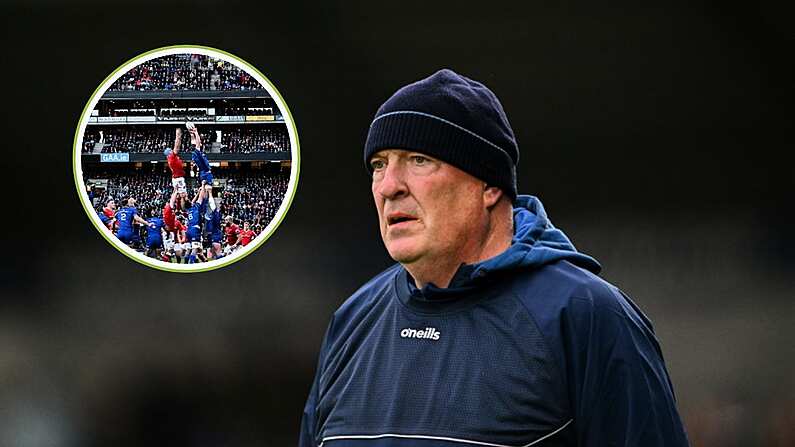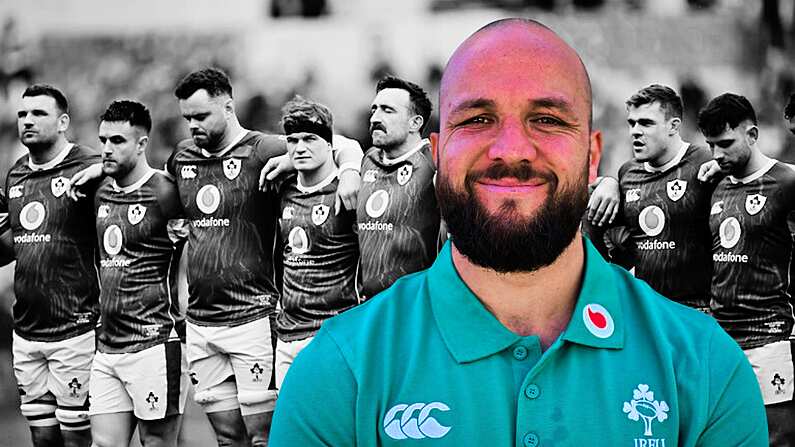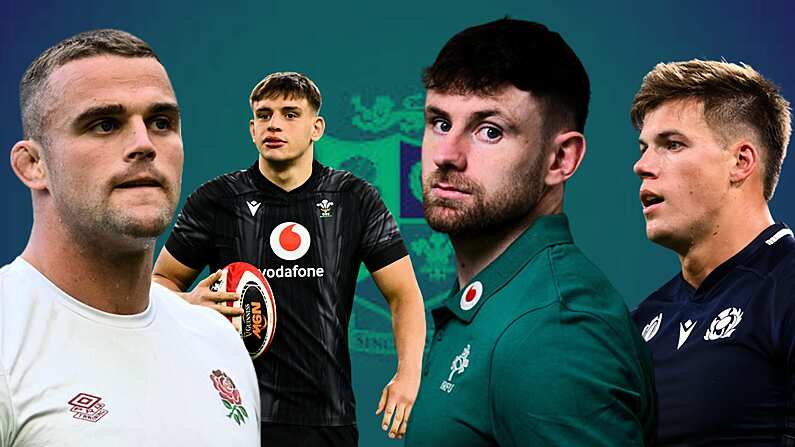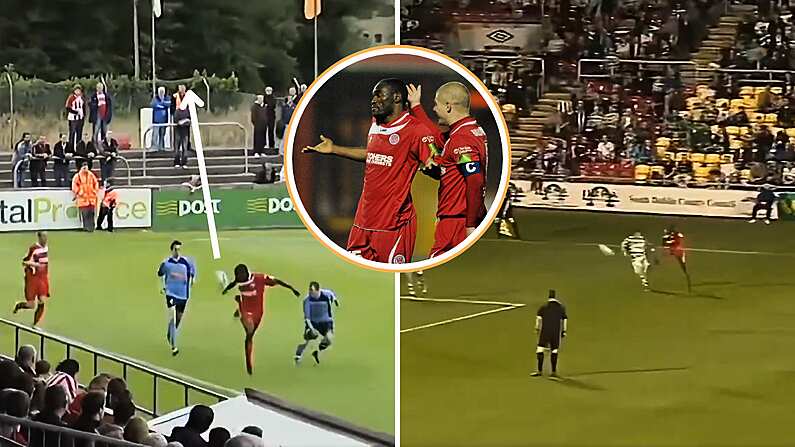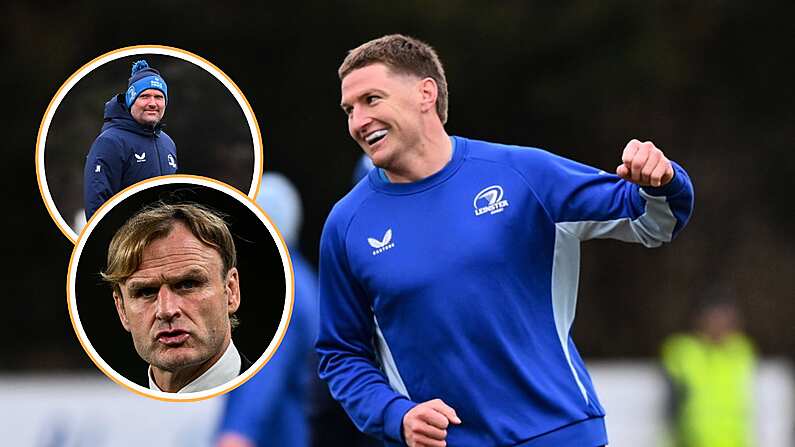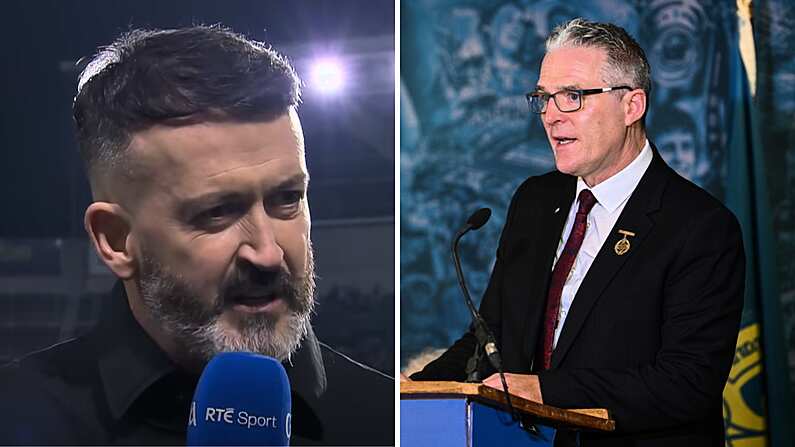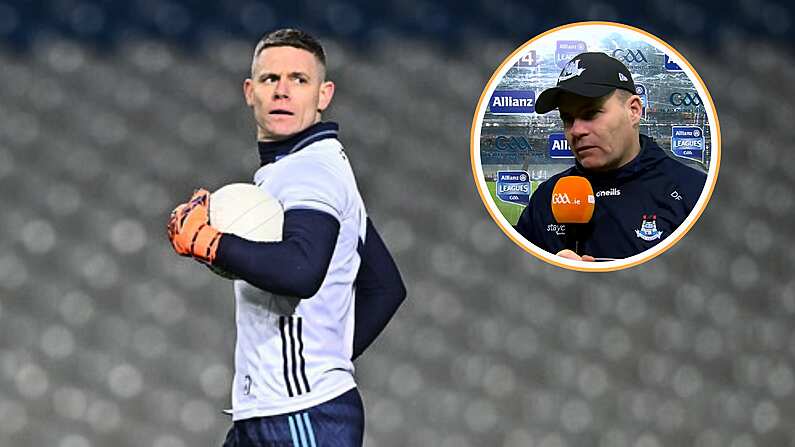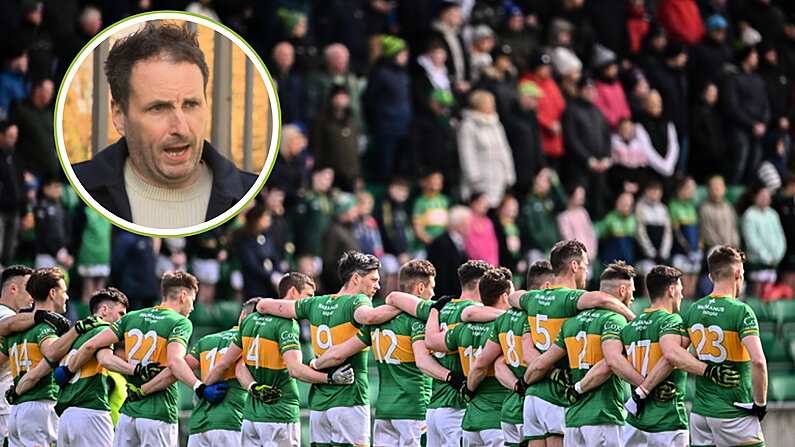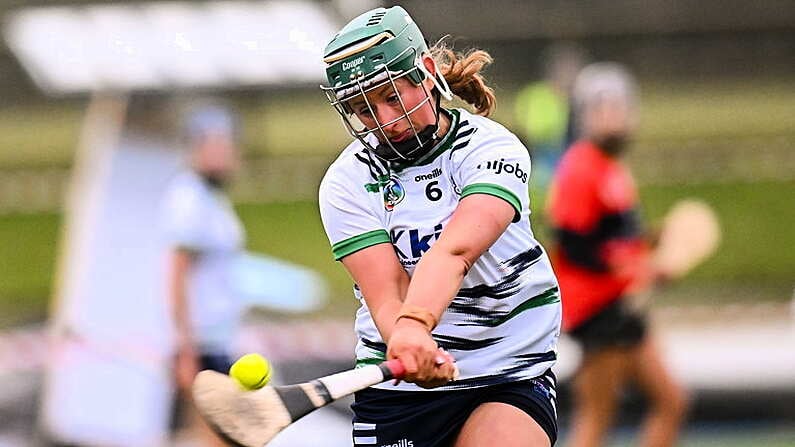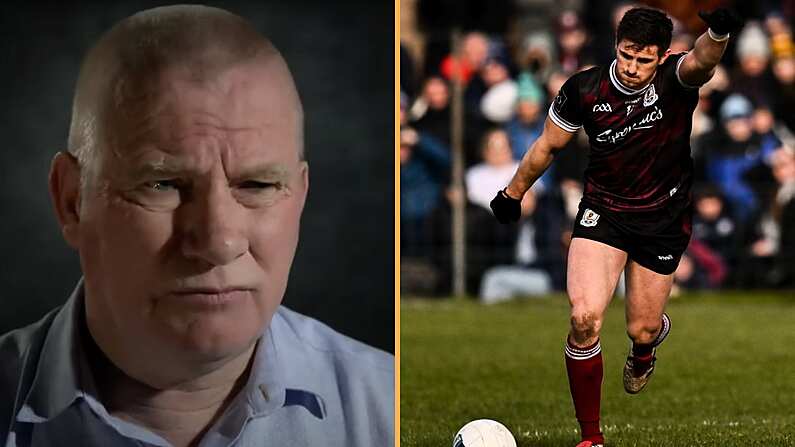Since Jarlath Burns came in as GAA President earlier this year he has made a concerted effort to maximise profits for the Association.
Under his administration rugby has returned to Croke Park, with Leinster hosting Northampton Saints in the Champions Cup semifinals in May before a repeat of the 2009 classic with Munster in October in two sell out crowds.
The GAA have also confirmed that next year they'll host two concerts for Oasis and one for Robbie Williams, as well as a rumoured Katie Taylor fight taking place at the home of GAA in the near future.
For those outside of the GAA it's been a welcomed change and for some within the GAA it's been welcomed as well as the GAA have benefitted financially from having Croke Park sell out twice for Leinster this year.
However not everyone is happy with these changes, namely former Dublin player and manager Pat Gilroy.
Gilroy, who won the All-Ireland as both a player and manager recently left his role as director of Croke Park and in an interview with Kieran Cunningham of the Irish Star, he explains that he left in objection to this new "money focused" GAA.
In the last three or four months, the GAA has been going down a path that I don't think is compatible with what the organisation should be,
The things that are concerning me is this talk of paying managers, and the use of Croke Park. I'm all for helping the likes of the rugby when they're in trouble.
But, if we start to do stuff for money, that concerns me because what's precious about the GAA is the amateur status. It's unique in the world and it's so democratically run - from the clubs to the County Boards, the provinces and Central Council.
We have a precious, unique structure of democracy which has largely not been affected by money, but money is starting to stick its nose in.
Pat Gilroy also spoke out against the idea of paying managers. Jarlath Burns spoke about the idea of paying intercounty managers last month when he did an interview with RTÉ Radio 1. This is an idea that Gilroy is vehemently against and feels that the sport as is doesn't make enough money to fund paying managers.
The idea of a blanket payment to managers, the idea of a paid Dublin manager standing in front of players who aren't being paid. I can't get my head around it,
I can't be part of the board of Croke Park which, ultimately, will need to make more money to fund this, because we don't have TV rights that will pay for a professional sport.
Gilroy definitely brings up a valid point in where does the GAA sit in terms of keeping its values of amateurism. It's what sets the GAA apart from every other sport and with the prospect of managers being paid, an argument can be made that the GAA is slowly moving away from that value.

